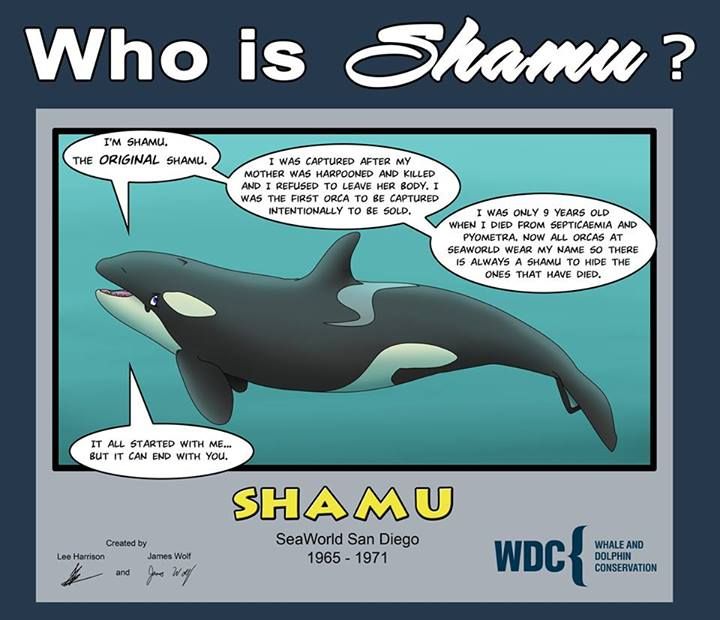

Who Was Shamu?
The original
Shamu was the first intentional live capture of a female
orca and the second female orca to ever live in captivity.
She was captured in 1965 by Ted Griffin to be a mate for
Namu, another captive orca. Shamu did not get along with
Namu and so was sold to San Diego's SeaWorld to be part of
the Shamu SeaWorld orca shows at the amusement park. She
only lived to 9 years of age when wild orcas can live up
to 80 years. At her last show, she showed signs of
distress and agitation and bit an employee. This employee
was Anne Eckis and was not her handler, but an employee
meant to ride Shamu for a publicity event. Shamu retired
after this incident on April 17, 1971 and died 4 months
later. She has lent her name as a branding tactic for
other orcas that have been inhumanely captured and sold to
parks and aquariums for human entertainment. Due to this,
may continued to believe that the later Shamu's were the
original. They were not informed that the oringial Shamu
had died from Septicaemia and Pyometria, two of the
highest reported common deaths for captive killer whales.
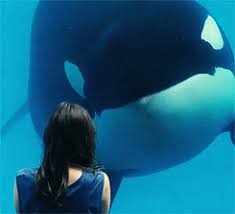
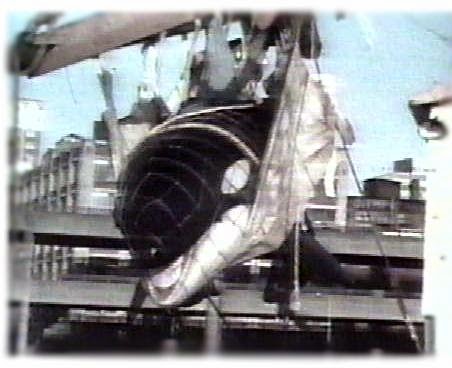
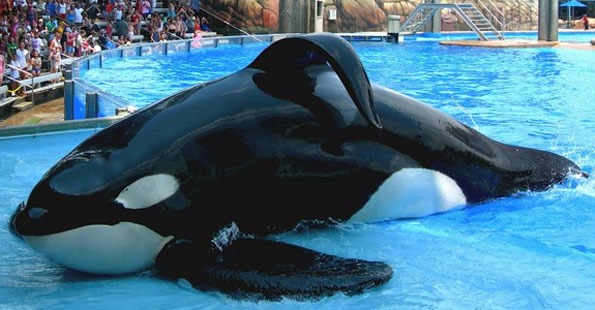
Why this Story Affects Conservation Efforts
Stories such as Shamu's are only the first of many that have arisen from whaling efforts that capture orcas for human entertainment. Whaling efforts, along with pollution, are the two leading causes for the decline of orca populations. These creatures are not meant to be confined to aquarium tanks. Aquarium orcas had an alarming number of injuries and would sometimes be forced to perform while injured.
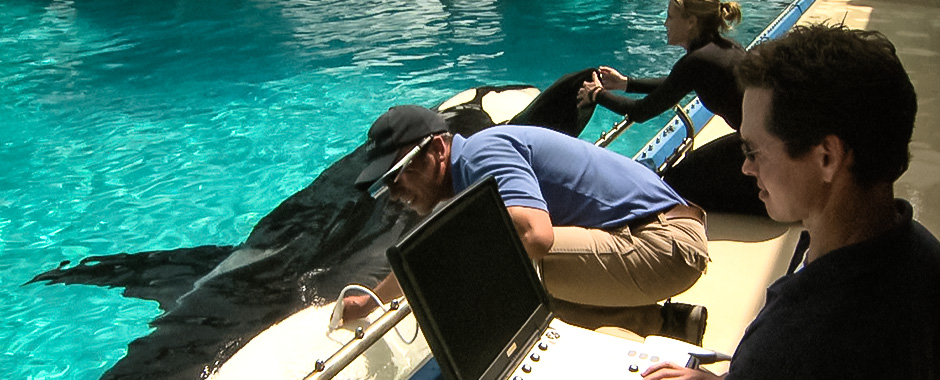
Conservation Groups
Groups such as the Center for Whale Research, WildOrca, and Orca Conservancy strive to inform the public about the threats facing orcas. Whaling efforts and pollution are amongst the top two threats for these creatures. They aid in orca research and rehabilitation efforts.
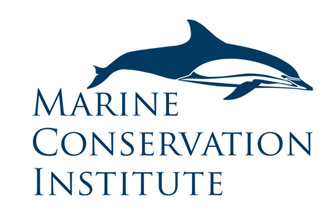

How to Help from Home
visit this link to learn more about conservation efforts


Why this Story Affects Conservation Efforts
Stories such as Shamu's are only the first of many that have arisen from whaling efforts that capture orcas for human entertainment. Whaling efforts, along with pollution, are the two leading causes for the decline of orca populations. These creatures are not meant to be confined to aquarium tanks. Aquarium orcas had an alarming number of injuries and would sometimes be forced to perform while injured.

Conservation Groups
Groups such as the Center for Whale Research, WildOrca, and Orca Conservancy strive to inform the public about the threats facing orcas. Whaling efforts and pollution are amongst the top two threats for these creatures. They aid in orca research and rehabilitation efforts.


How to Help from Home
- Reduce, Reuse, Recycle
- Do not throw medicine or waste down the
drain as it ends up in the ocean.
- Chose Natural Products
- Grow Food Yourself or Buy Locally
- Respect the Ocean
visit this link to learn more about conservation efforts
Acknowledgements:
www.orcaaware.org
www.whaleresearch.com
www.orcaconservancy.org
www.nationalgeographic.com
us.whales.org
www.wildorca.org
www.orcaaware.org
www.whaleresearch.com
www.orcaconservancy.org
www.nationalgeographic.com
us.whales.org
www.wildorca.org